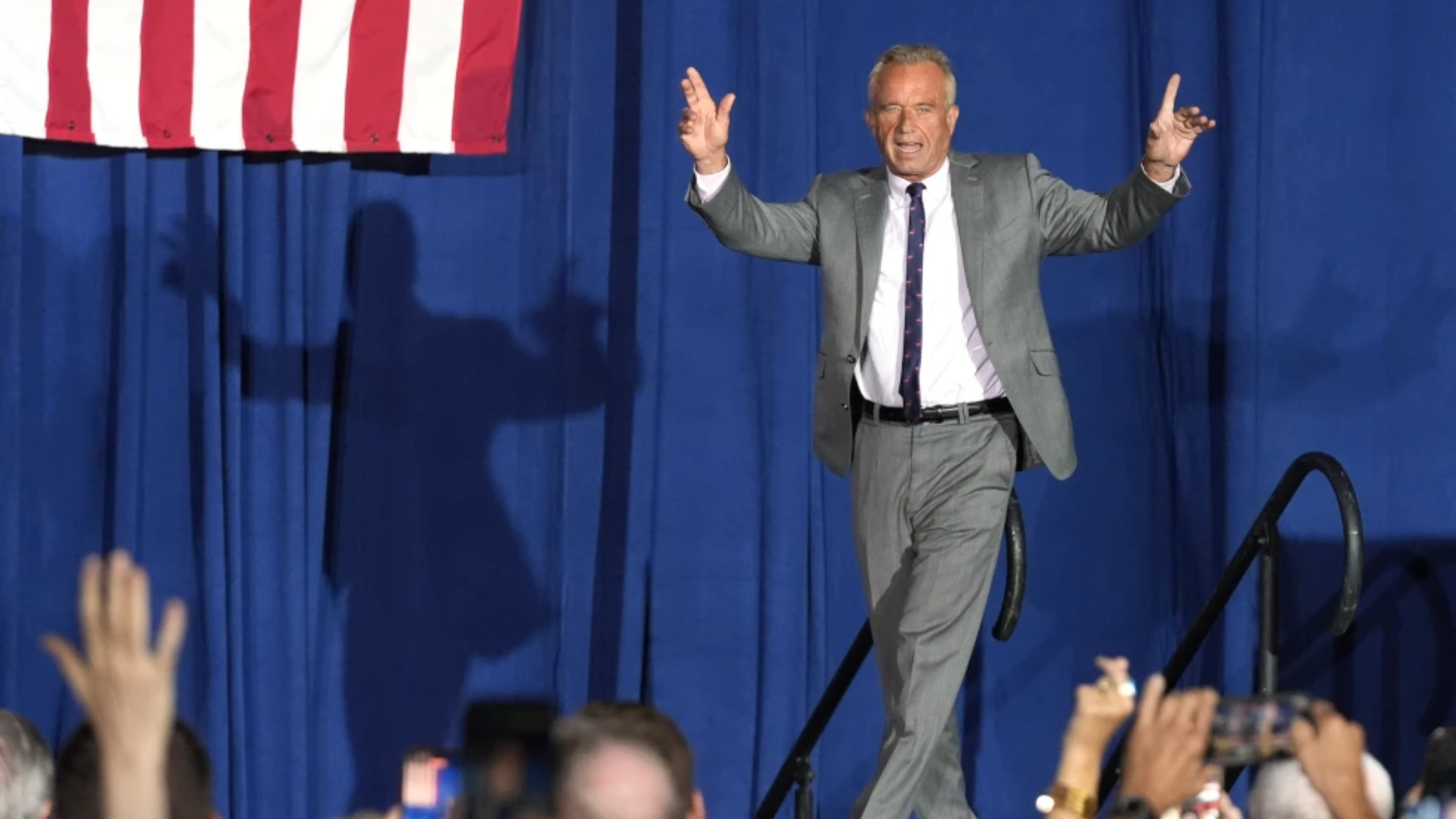HAVANA (AP) — Cuba's foreign minister told a group of U.S. senators and congressmen Monday that his country is open to greater diplomatic and trade ties but the congressional delegation did not meet President Raul Castro, the man who will make many of the key decisions about the new U.S.-Cuban relationship.
The U.S. delegation was led by Sen. Patrick Leahy, who played a key role in the release of American contractor Alan Gross as part of a prisoner exchange that paved the way for the move toward full diplomatic relations. Leahy met with Castro on past trips to Cuba but did not do so again on Monday, two days before Assistant Secretary of State Roberta Jacobson arrives in Havana to negotiate the reopening of the U.S. Embassy.
The delegation met for several hours with Foreign Minister Bruno Rodriguez, who told the legislators that Cuba welcomed President Barack Obama's loosening of the U.S. trade embargo, which would permit more travel to Cuba and economic links including exports of telecommunications equipment and wholesale goods for use by the country's small private sector.
"He's open to every single issue from trade to communications," Leahy told reporters before leaving Havana. "He talked about the travel back and forth, medical issues. Name an issue, he's involved."
Leahy and five other Democratic senators and representatives were trying to ease the reestablishment of full relations by conveying to Cuban officials that their actions in the coming months will influence Congressional openness to Obama's reforms. At the same time, they are trying to get a sense of the biggest mystery hanging over the new stage of U.S.-Cuban relations: how will Castro's government respond to the U.S. push to expand diplomatic relations and trade ties?
Cuba has so far offered a guardedly positive reception to Obama's loosening of the trade embargo on Cuba, saying it welcomes the full package of new economic ties on offer, from sales of telecommunications equipment to exports to the private business sector. But it insists it will maintain its one-party political system and centrally planned economy.
It has released 53 prisoners on a list of dissidents the U.S. wanted freed, but said nothing about whether it will allow U.S. products to flow to Cuba without the staggering taxes and regulations that keep many other foreign products from reaching ordinary Cubans.
With formal diplomatic relations highly restricted, some of the most significant U.S.-Cuban contacts in recent years have been carried out by Congressional delegations. While Obama's actions fall under executive authority and don't require Congressional approval, legislators could hinder key measures including the removal of Cuba from the list of state sponsors of terror.
On Saturday, the delegation met with officials from Cuba's Culture Ministry in order to discuss possible Cuban participation in the Smithsonian Institution's Folklife Festival, a summer celebration of traditional art and culture on Washington's National Mall. The senators met Sunday with more than a dozen dissidents including critics of the 18-month-old secret negotiations that led to last month's announcement.
"It was a friendly meeting, they heard the different positions, but the senators are very much in favor of Obama's measures and want to hear that we agree," said Antonio Rodiles, who criticizes the Obama administration for failing to win enough guarantees of reform from Castro. "I said the process took place without transparency or taking the full range of opinions into account."
Elizardo Sanchez, head of the Cuban Human Rights and National Reconciliation Commission, a Cuban non-governmental organization tracking political detentions, said that meeting participants had delivered a list of 24 long-term prisoners whom they wanted to see released in addition to the 53 on the Obama administration's list.
On Monday, along with the possible meeting with Castro, the delegation will hold talks with lower-ranking Cuban officials in fields like agriculture, the environment and telecommunications.
Copyright 2015 by The Associated Press. All Rights Reserved. This material may not be published, broadcast, rewritten or redistributed. (AP Photo/Desmond Boylan)





















